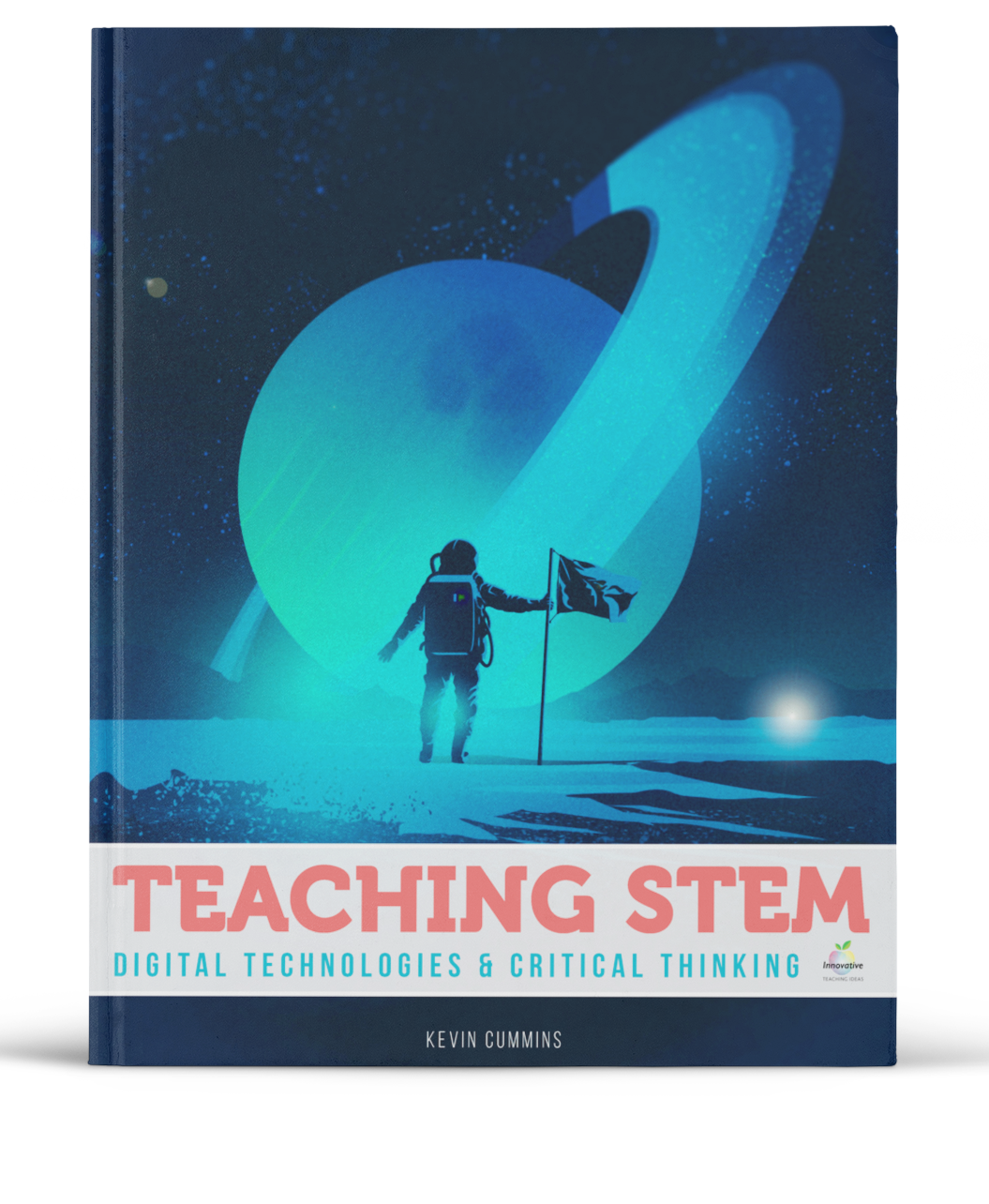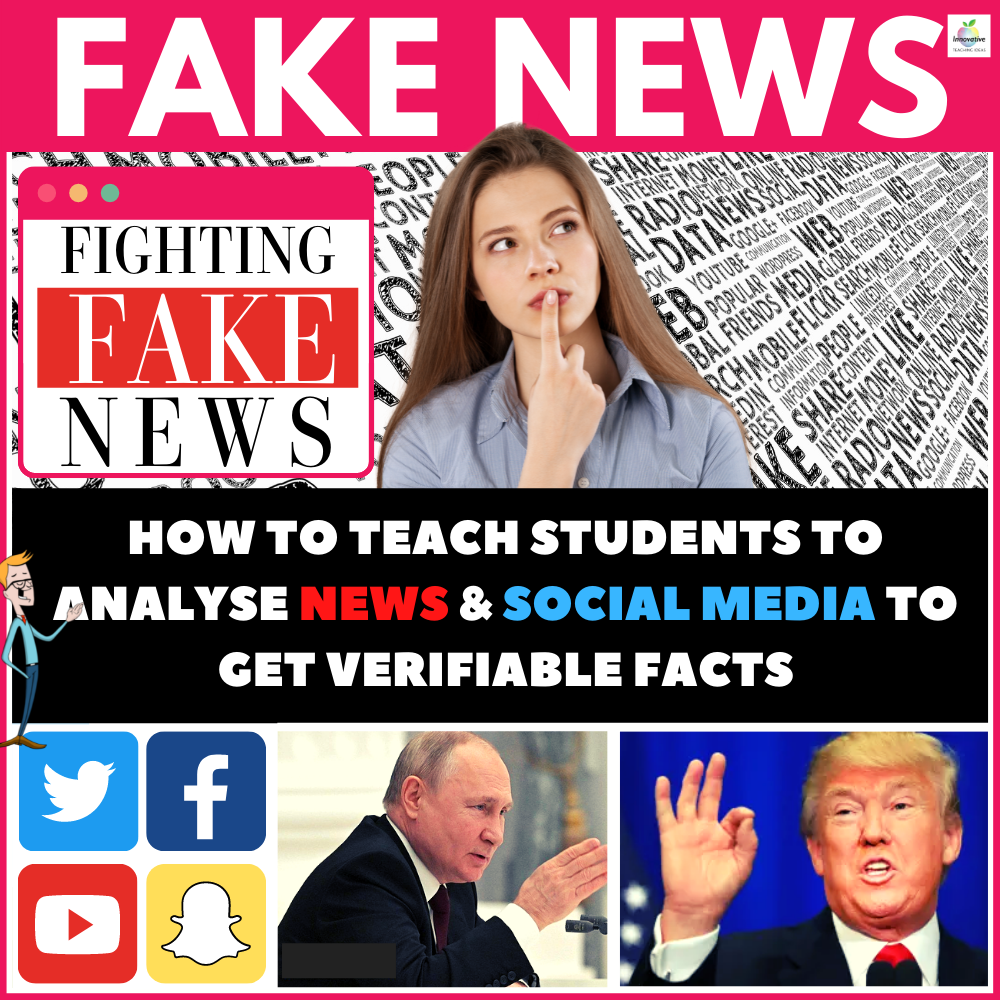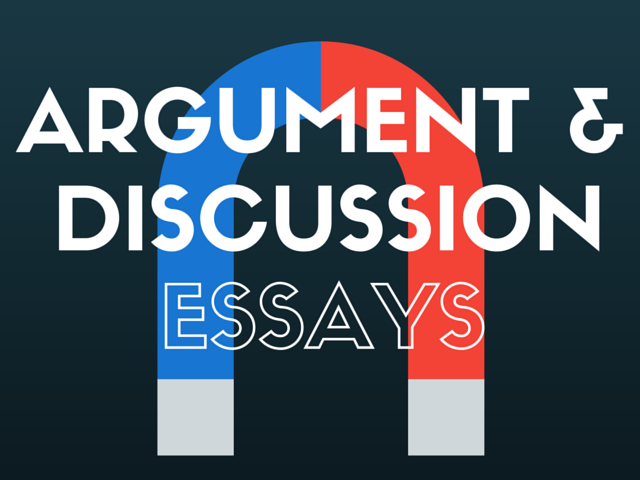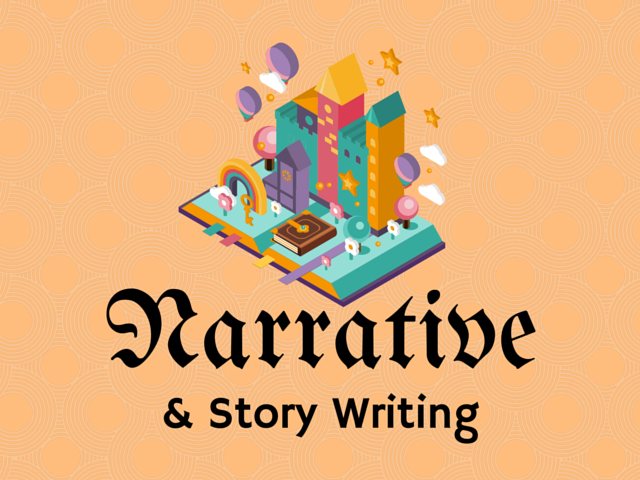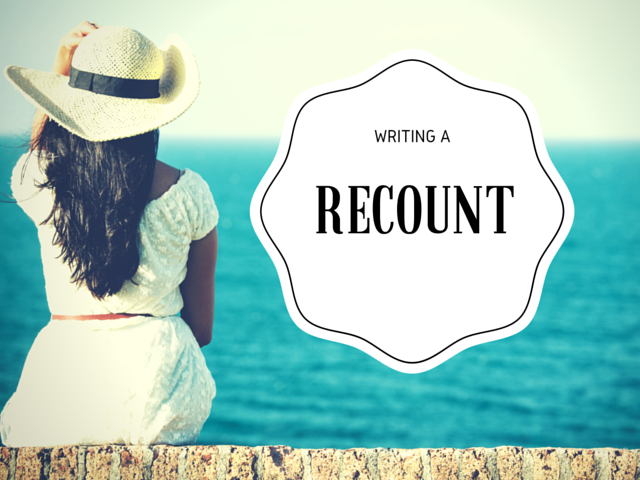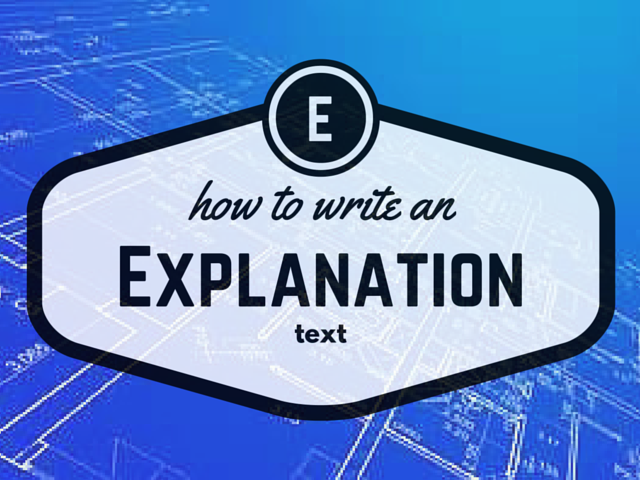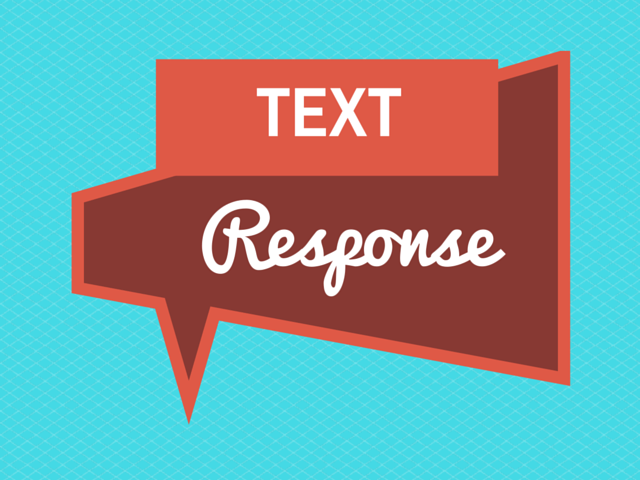 As we, and I assume many other schools around the world prepare to buy computer resources for 2013 and beyond it is been apparent that 'The must have tool in Education" for the last 18 months is the iPad.
As we, and I assume many other schools around the world prepare to buy computer resources for 2013 and beyond it is been apparent that 'The must have tool in Education" for the last 18 months is the iPad.
This comes with good reasoning too as it has refreshed our view of learning technologies and really freed us from the shackles of desktop computing and showed many a fresh alternative to windows.
The question I find myself asking now as we look at three year lease programs is has the iPad Peaked in education? Barring a few software tweaks and faster processors is this as good as it gets? The more I speak to others in education and start to look at alternatives I am increasingly seeing that the iPad's future is not as bright as Apple would like to have us think.
For example Last month we had the sales and Education reps come in from Apple Australia and woo our region for a day about 'How the iPad has been the saviour of education' and that we should not doubt the ingenuity and creativity Apple has been responsible for in changing the direction of technology for the last few years, and furthermore we should not question this continuing in the future.
The problem I found with the barrage of iOS worship from cool guys in black skivvies and T-shirts was that for the first time, nearly everybody in the room had heard it all before. And some of the statements about the iPad we heard were so desperate to grab our attention I definitely sensed they were shooting the iPad down more than pumping up its tyres.
Statements such as "No one will be carrying wallets by the end of the decade thanks to iOS 6's passbook" were just plain embarrassing and insulting for anyone who has used it.
The second point for consideration I began to wonder after seeing some educational workshops regarding Garageband and iMovie in the classroom I had seen twice before now is, what is Apple planning for the future in Education?
Next, we got a 10 minute lecture on how brilliant iTunesU is for teachers to create content for their kids to access on their iPads only to be instantly shot down by the fact that in fact teachers cannot currently do this unless you are a lecturer at a University. So it's great but 95 percent of teachers cannot access this.
Just last month Apple released the iPhone 5 and try as you might to upsell how great a phone it actually is at the end of the day it is esentially an iPhone 4 with another row of icons and a faster processor. It's not the kind of innovation we have become used to from Apple, and I can't see this changing anytime soon as Apple now seem a little hamstrung by an environment they have created.
I don't feel Apple are asleep at the wheel by any stretch of the imagination, it is more of a case they have played 5 years of winning hands in the tech stakes and they are now left holding a number of minor cards, whilst their opposition begin to rollout both similar and even more innovative tech solutions for education around them. It has happened in every form of industry for decades.
Another point of consideration is the fact the iPad has always had a mixed relationship in education in the sense that kids and teachers loved it because engaged kids and had thousands of great educational apps that could be downloaded and used instantly. But it definitely has it's shortcomings as a genuine enterprise learning tool.
Let's not hide fact the iPad is fatally flawed by its association to the mess that is iTunes and iCloud. It cannot connect to existing 96% of school networks running windows, it cannot print to an enterprise network with any great success and has nothing close to Microsoft Office when you tire of playing math swipe games and actually need something substantial for a presentation, project, want to do some web design or use any of Adobe's creative tools such as Photoshop beyond removing redeye or cropping.
I own an iPad, my wife kids and I love it, but hate what it can't do too and I get the feeling many others are finding this too.
 With Windows 8 only days away and a monsoon of both cheap and expensive tablets already available for it. And the diversity of Microsoft's own surface tablet which at this point appears to do everything an iPad can as well as offer 100 percent functionality of a windows PC too our school regions are beginning to think Windows 8 tablets have a great deal to offer teachers and students over the iPad.
With Windows 8 only days away and a monsoon of both cheap and expensive tablets already available for it. And the diversity of Microsoft's own surface tablet which at this point appears to do everything an iPad can as well as offer 100 percent functionality of a windows PC too our school regions are beginning to think Windows 8 tablets have a great deal to offer teachers and students over the iPad.
I would love to hear your thoughts about what your schools are doing now and looking into the future when it comes to putting the best piece of hardware in front of our kids to offer the best learning opportunities.
 President Hollande of France raised eyebrows around the world as he outlined his thoughts on banning homework from French schools.
President Hollande of France raised eyebrows around the world as he outlined his thoughts on banning homework from French schools.
















